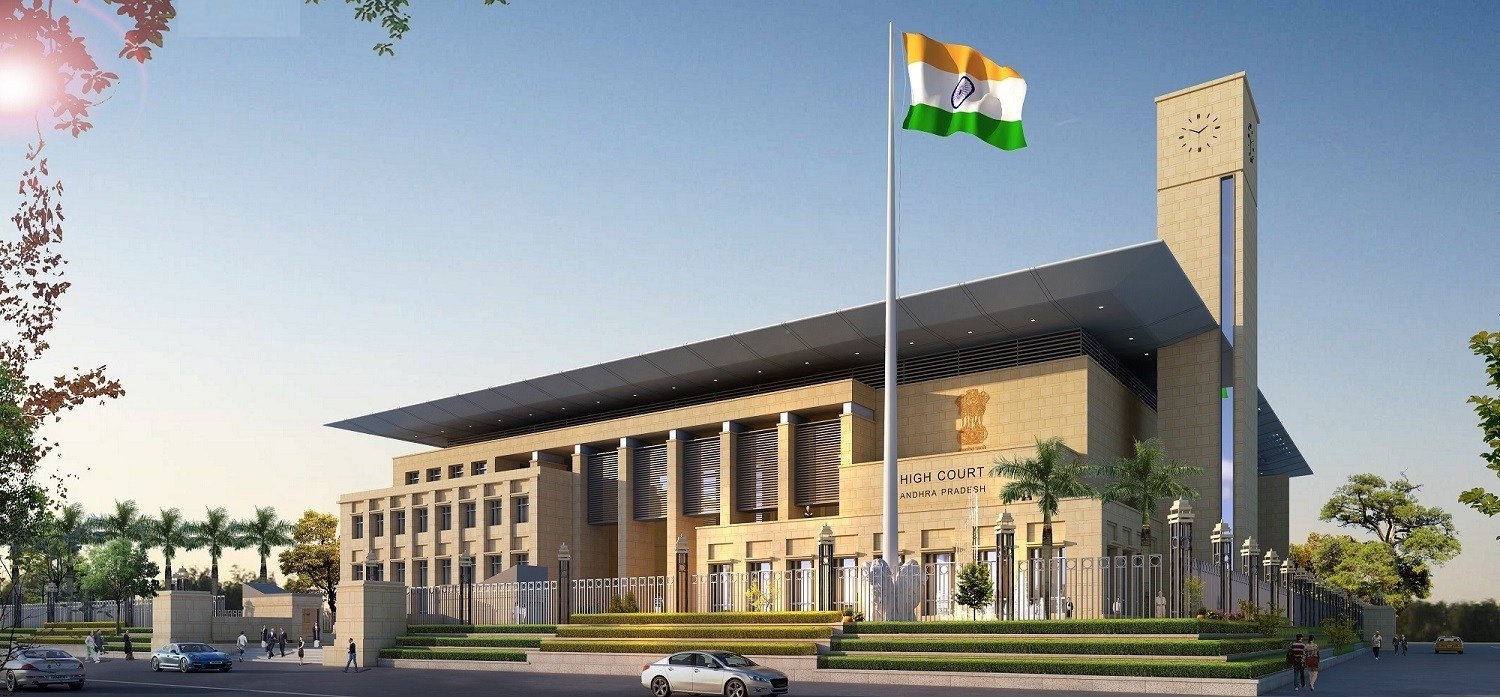-
by sayum
14 February 2026 2:22 PM



In a significant judgment by the High Court of Andhra Pradesh, an appeal challenging a trial court’s decree for the partition of properties has been dismissed. The court found no substantial evidence to support the defendants’ claims of a prior partition. This decision came after a detailed assessment of testimonies and documents presented during the trial.
The primary legal point deliberated in the judgment was whether the trial court was justified in decreeing the suit for partition of properties which were being managed by the eldest brother under a familial agreement. The appeal was also concerned with issues related to the alleged prior partition and non-joinder of necessary parties.
The properties in question were managed by the first defendant, the eldest brother, who registered the properties in his name as per an understanding among the brothers for equal shares. The plaintiffs, other siblings of the first defendant, contested that despite their requests, the first defendant refused to partition the properties, leading them to seek legal recourse. The defendants argued that there had been a prior partition and also raised concerns regarding the non-joinder of necessary parties, asserting that other family members had possession under unregistered sale agreements.
The court pointed out that the defendants could not provide documentary evidence or credible witness testimony to prove the occurrence of a prior partition. The plaintiffs’ testimonies about the joint ownership and management of properties remained unchallenged.
Witnesses brought forward by the defendants failed to confirm any prior partition, and there were no revenue records or other documents to substantiate the claims.
The court found that the argument regarding non-joinder of necessary parties lacked merit. There was no evidence to show that the other relatives claimed by the defendants had any legal stake in the properties based on valid transactions.
It was noted that the response to the legal notice sent by the plaintiffs did not mention any such prior transactions, undermining the credibility of the defendants’ claims.
Decision: The High Court affirmed the decision of the trial court, dismissing the appeal and confirming the partition of the properties as per the original suit. The judgment stressed that the defendants had failed to substantiate their claims with adequate proof, leading to the affirmation of joint ownership and the necessity of partitioning the properties equally among the rightful owners.
Date of Decision: 2nd May 2024
Shaik Khadar Saheb (deceased) and Others vs. Shaik Rahamthulla and Others
